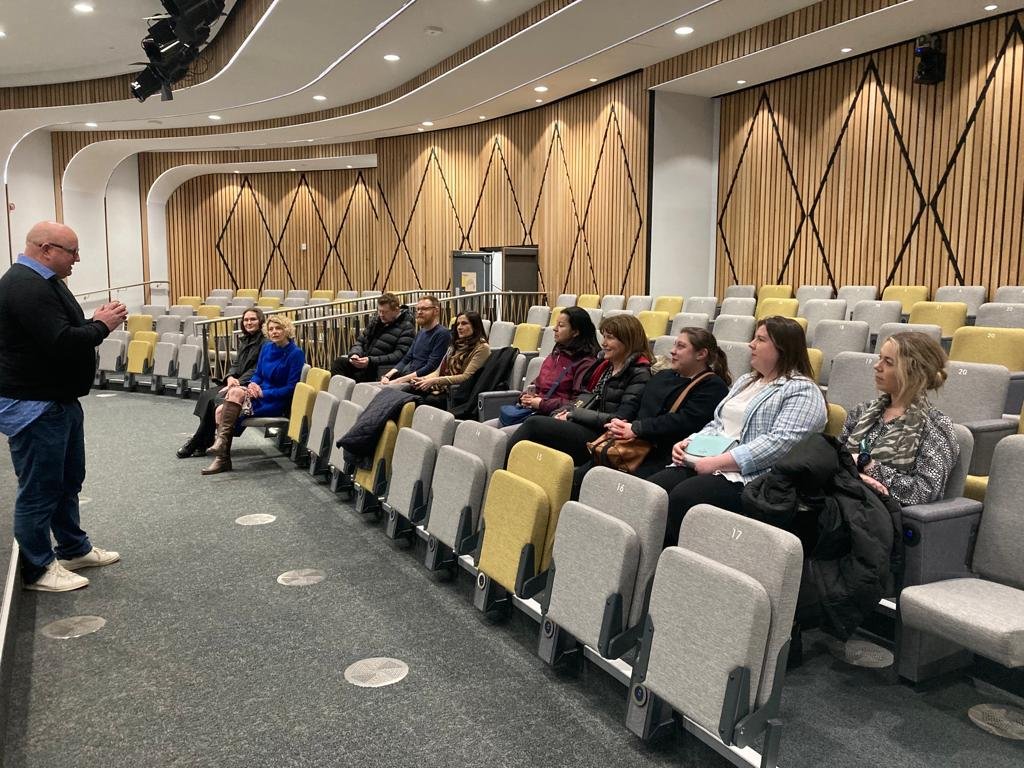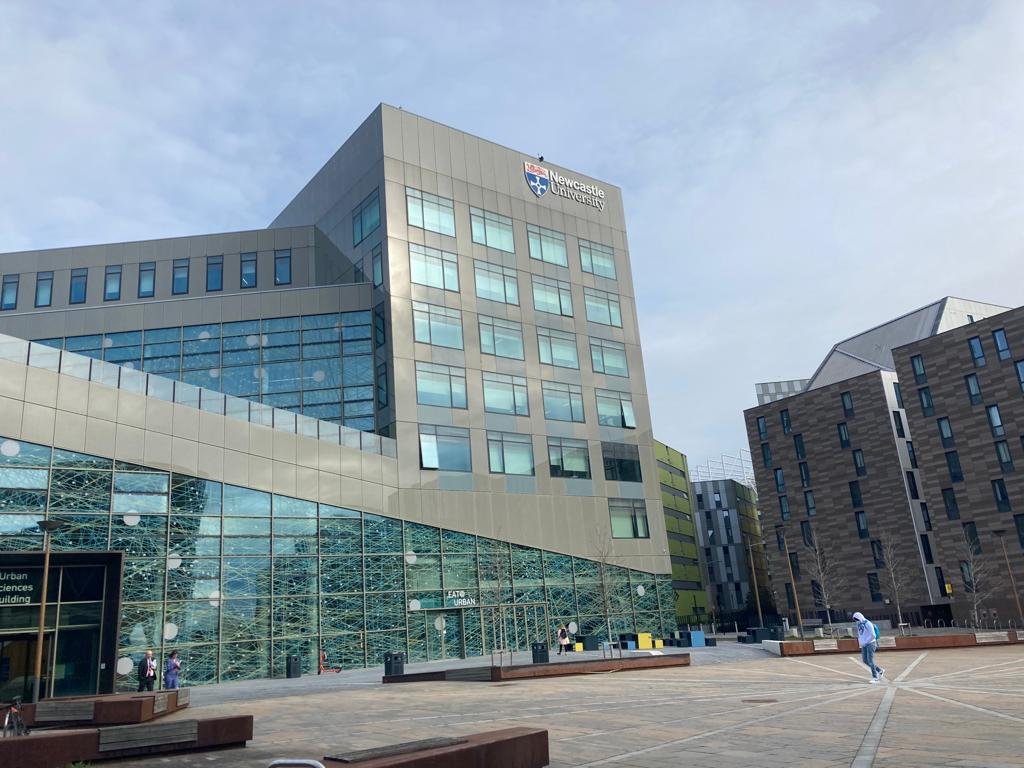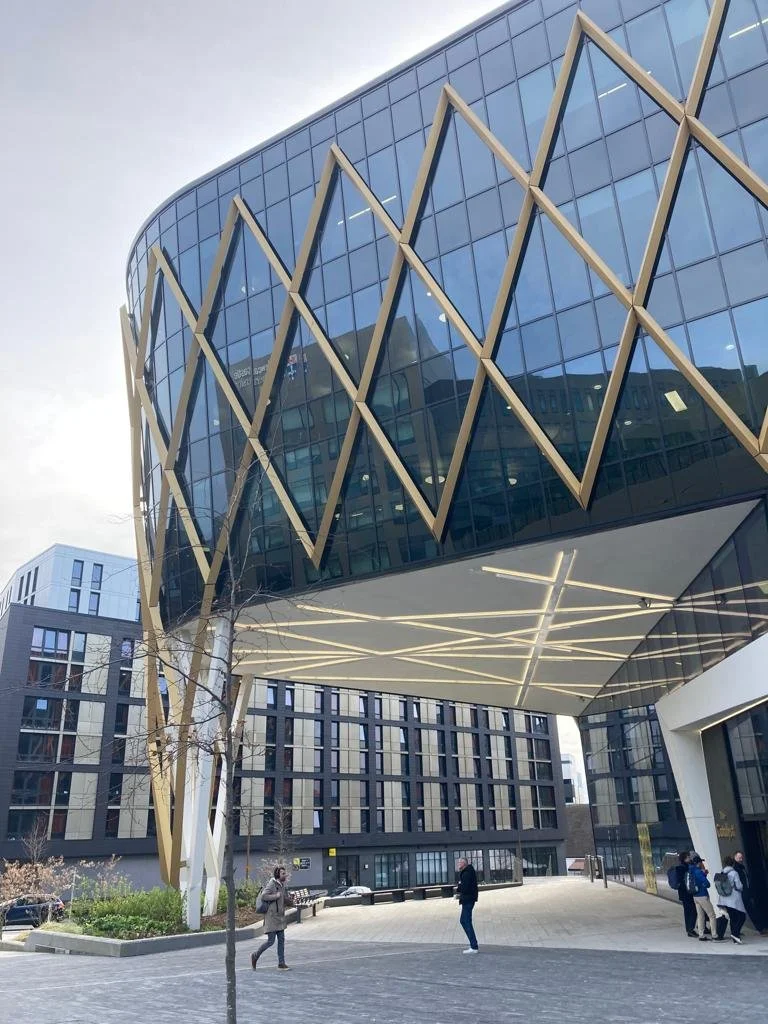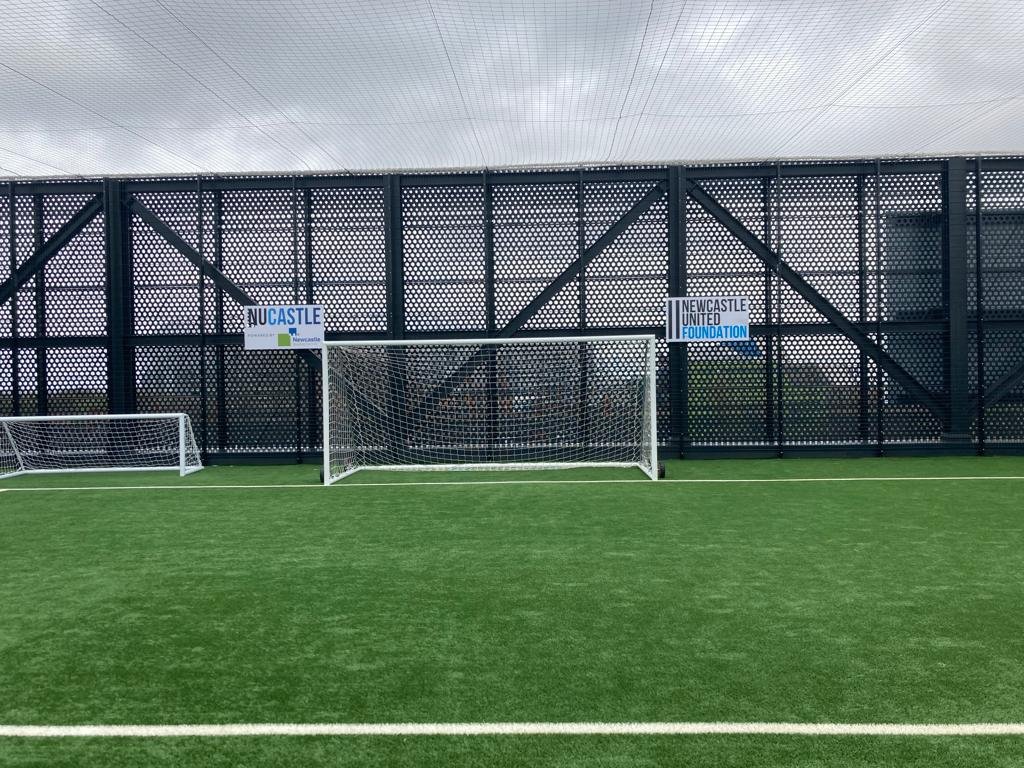The landscape of innovation is changing. So too is the rate of growth in the innovation economy.
Over the last 15 years there has been a distinct shift away from more secluded, out-of-town innovation campuses towards new models that favour urban vibrancy, diversity, connectedness, and proximity. Over that same period, we’ve seen a dramatic increase in economic growth related to sectors typically classified as part of the innovation economy (Bio science alone is projected to become the world’s next trillion-dollar industry (McKinsey 2020)). More broadly, innovation is helping to fuel the Fourth Industrial Revolution which is said to be stimulating change at a rate 10 times faster and at 300 times the scale than the First Industrial Revolution in Victorian times.
Clearly, innovation and specifically, Innovation Districts - where much of this activity is increasingly centred, have a key role to play in the local, regional and national economy.
The UK Innovations District Group (UK IDG) was created to develop a supportive peer network of places and practices that aim to drive productivity and prosperity through place-based innovation. The 12 Innovation Districts that make up the group have a wide range of different expertise, structures and priorities yet benefit hugely from working together in a collaborative and conducive way to share knowledge and understanding.
Innovation clusters are undoubtedly exciting and progressive places with a clear focus on prosperity and growth. But they also have fundamental questions to address about the nature of that growth and how inclusive it can be, and the role that place-based innovation must play in contributing to this. At a time of rising inequality, these locations are faced with a huge challenge and responsibility: inclusive economic growth.
The NLA’s recently launched report Innovation Districts: Designing Inclusive Places explores just that, presenting key recommendations that different stakeholders should consider when creating an inclusive innovation district. The report showcases over 50 projects that are supporting and having a transformational impact on the education, healthcare, technology and innovation sectors offering a practical framework for how we think about designing and managing innovative places more inclusively. It asks a fundamental question “what do we want Innovation Districts to be and to deliver, and how do we best enable this?”
The report examines this through the different place-specific lenses of vision and strategy setting, physical placemaking, management and stewardship as well as employment and skills.
At the launch, author Jack Sallabank (Future Places Studio) gave a summary of the report before the panel shared their reflections and answered questions for the 60 strong audience. Jonathan Burroughs (chair of the NLA Innovation Districts expert group) touched on the different roles that different sector leads need to play in this as well as the importance of the cultural dimension of innovation – a willingness to think outside the box and be brave. A different approach to risk taking, that feeds enterprise and entrepreneurialism.
The panel discussed how organisations are attracted to these sorts of innovation clusters to access R&D, to access an enterprise mix, and crucially to access talent. The development of different and diverse skills and employment pathways is a key theme in the report. As captured in the panel discussion “diversity is a prerequisite for innovation”.
This point was also a central tenor in the recent UK IDG report Opening The Innovation Economy: The Case For Inclusive Innovation In The UK . This report, which preceded “Designing Inclusive Places” examines the bigger economic case for innovation and the need for us to think more intentionally about inclusive innovation and the correlation between shared prosperity and improved productivity. It outlines how inclusive innovation practices can be embedded through the stages of design, delivery, diffusion. The report identifies ten levers that leaders in the private and public sectors can pull to make the process and outputs of innovation more inclusive as well as including case studies that highlight some of the successes, failures and challenges innovation districts face. There is a lot to be learnt from each other in order to create opportunities for people and communities across the UK.
The UK IDG’s next research project will dig deeper into how we measure the value of innovation districts. How do we capture the different types of value that is generated in these innovation clusters so we have a fuller, more holistic picture of Innovation districts that takes into account inclusive innovation priorities alongside traditional economic metrics? What are the best ways to frame success, gather data, and monitor progress? And how do innovation districts inform and align with wider city strategy and sustainability goals? By developing a metrics & measures framework the UK IDG hopes to address some of these questions and help shape districts’ progress towards inclusive innovation outcomes.
Connecting with other groups and individuals who are doing similar research will be a key part of informing the research. So if you’d like to find out more please get in touch via email or LinkedIn as per below.
Genuine collaboration and quality leadership are fundamental success criteria across all innovation districts. We need innovation districts to be places that break from the status quo; hyper connected places tuned into the diverse neighbourhoods in which they are part of in order to help generate new ideas and methods that can solve pressing problems. We need to be prioritising new urban models of innovation clusters that operate in sympathy with their cities and thrive off the dynamism and diversity of their urban mix and ecosystems.
Put simply, we all have a role to play in how we reinvent the model towards more equitable, inclusive and responsible innovation districts of which the UK IDG is proud to play a part.
Make sure to follow the UK IDG on LinkedIn for the latest updates or email hello@ukinnovationdistricts.com if you have any questions.














